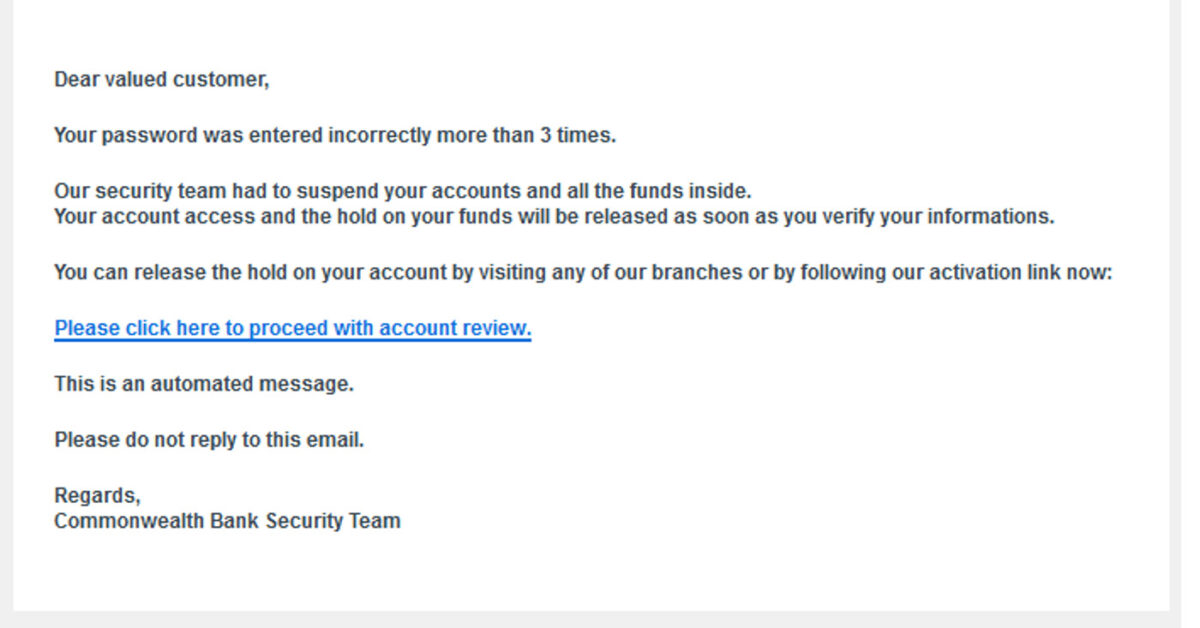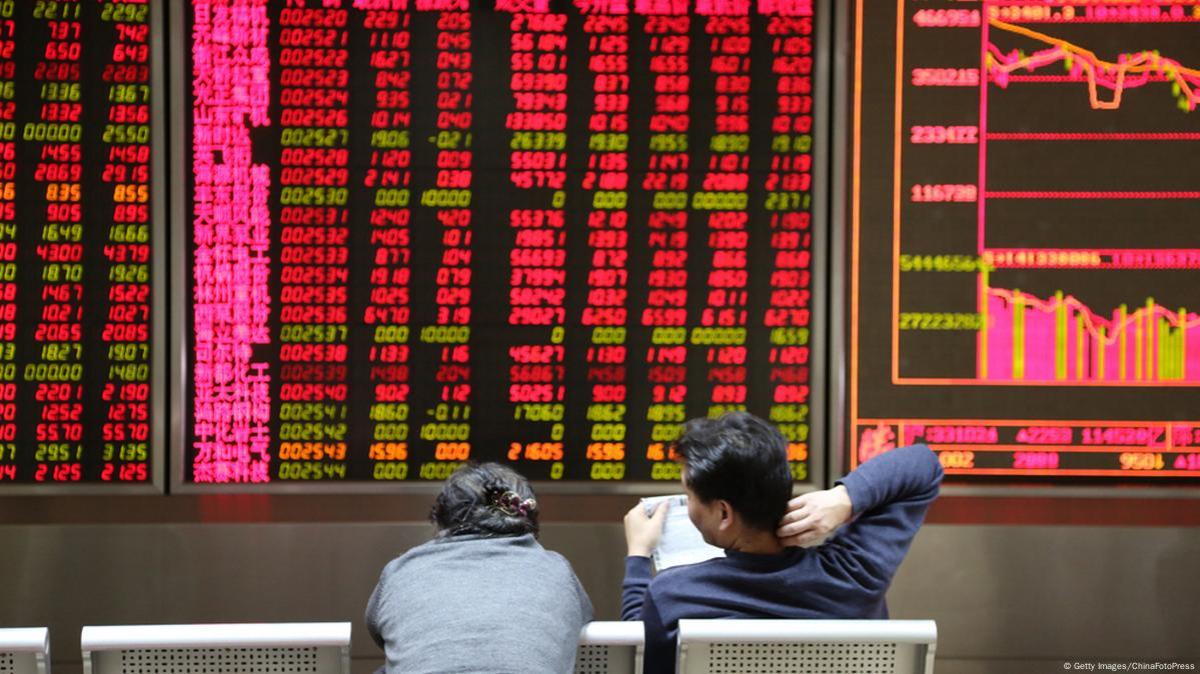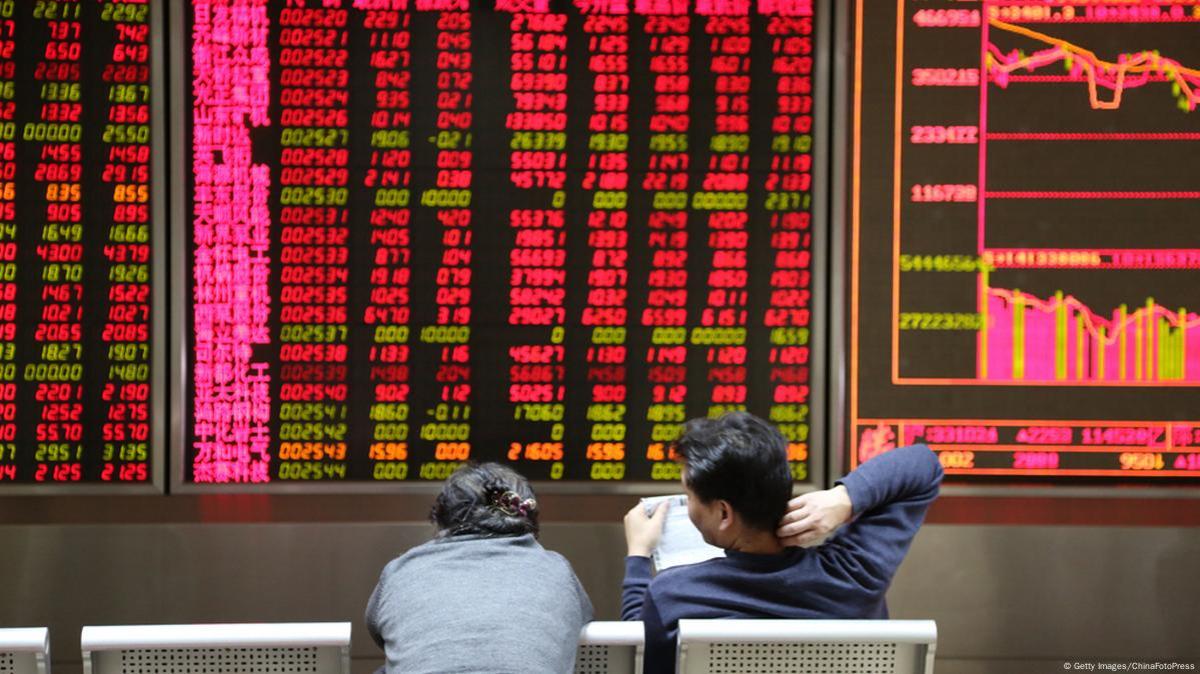Mail service is suspended, and trading floors are silent, in honor of… a momentous occasion, a national tragedy, or perhaps even a significant historical anniversary? This scenario, though seemingly fictional, explores the profound implications of a complete societal standstill. We’ll delve into the historical precedents for such widespread closures, examining events ranging from national mourning to devastating natural disasters.
We’ll then explore the potential causes, from geopolitical crises to technological failures, and analyze the ripple effects across various sectors, including finance, communication, and daily life. Get ready to consider the unseen consequences of a world brought to a sudden halt.
Imagine a city silenced. No bustling stock exchanges, no delivery trucks humming through the streets, no postal workers sorting mail. This isn’t a futuristic dystopia; it’s a thought experiment exploring the ramifications of a complete shutdown of essential services. We’ll examine various hypothetical scenarios – from natural disasters like widespread power outages to large-scale cyberattacks – and explore the cascading effects on individuals, businesses, and the global economy.
We’ll also consider the emotional and societal responses to such an unprecedented event.
A Day of Silence: When Mail Stops and Markets Freeze

The image of a city silenced, mail undelivered, and trading floors eerily empty, is a stark one. This scenario, while seemingly fictional, holds significant implications for understanding societal and economic fragility. Examining historical precedents, potential causes, and the cascading effects of such a widespread shutdown provides valuable insights into our interconnected world.
Historical Precedents of Suspended Mail Service and Trading Halts
Throughout history, various events have temporarily halted mail delivery and financial markets. These disruptions, while varying in scale and cause, offer valuable lessons about the interconnectedness of communication and economic activity. Analyzing these past events allows us to better understand and prepare for potential future disruptions.
- The Great Blizzard of 1888: This severe blizzard crippled transportation across the Eastern United States, significantly impacting mail delivery and halting trading on the New York Stock Exchange for several days. The widespread disruption highlighted the vulnerability of infrastructure to extreme weather events.
- The September 11th Attacks: The terrorist attacks of 2001 caused widespread disruption to mail services and financial markets. Security concerns led to temporary closures and significant delays, impacting both domestic and international operations. The event underscored the impact of large-scale security threats on essential services.
- National Strikes: Historical postal worker strikes and general strikes have sometimes led to temporary suspensions of mail services and trading halts, demonstrating the impact of labor disputes on essential services.
Comparing these events reveals that the societal impact is often proportional to the duration and severity of the disruption. While short-term interruptions may cause inconvenience, prolonged disruptions can lead to significant economic and social instability. A modern equivalent would likely have a far greater impact due to increased reliance on digital communication and globalized financial markets.
Potential Reasons for Simultaneous Suspension of Mail and Trading
A simultaneous suspension of mail service and trading floor activity could stem from a range of interconnected factors, highlighting the intricate web of dependencies that underpin modern society. Understanding these potential causes is crucial for developing robust contingency plans.
Mail service is suspended, and trading floors are silent; a mark of respect for a life well-lived. It’s a somber day, reflecting on the passing of a great leader, as shown in this article about the funeral: Funérailles de Jimmy Carter | Cinq présidents exposent une image. The quiet speaks volumes about the impact of Jimmy Carter’s legacy.
Mail service is suspended, and trading floors are silent, in honor of his memory.
- Natural Disasters: A large-scale natural disaster, such as a major earthquake or hurricane, could severely damage critical infrastructure, including postal facilities and financial institutions. A hypothetical scenario involving a widespread power outage following a major earthquake could bring both systems to a standstill.
- Geopolitical Events: Major geopolitical events, like a large-scale cyberattack targeting critical infrastructure, or a significant international conflict, could trigger a widespread shutdown of both mail and trading systems. The ensuing uncertainty and potential for further escalation would cause widespread disruption.
- Technological Failures: Widespread failures in critical technological systems, such as a major internet outage or a failure of global communication networks, could disrupt both mail delivery (increasingly reliant on digital tracking and management) and financial markets which rely heavily on electronic transactions.
Societal Impact and Reactions to a Widespread Shutdown

The societal impact of a simultaneous shutdown of mail and trading would be profound and multifaceted, affecting various aspects of daily life and impacting different social groups in unique ways. Understanding these potential consequences is crucial for effective disaster preparedness and mitigation.
- Immediate Impact: Initial reactions would likely include confusion, anxiety, and uncertainty. Daily routines would be disrupted, and access to essential services could be limited.
- Long-Term Impact: Prolonged disruptions could lead to economic hardship, social unrest, and a breakdown of trust in institutions. The impact would be felt most acutely by vulnerable populations, including the elderly and those reliant on government assistance delivered via mail.
- Sectoral Impact: The communication sector would face significant challenges, while the financial sector would experience severe volatility. Daily life would be severely disrupted, impacting everything from supply chains to access to healthcare.
Economic Consequences of the Disruption
The economic consequences of a simultaneous shutdown of mail and trading would be far-reaching and potentially devastating, impacting businesses of all sizes and affecting global markets. A detailed analysis is essential for assessing the potential risks and developing appropriate mitigation strategies.
Mail service is suspended, and trading floors are silent, a somber tribute to the day’s events. The gravity of the situation is palpable; you can almost feel the collective grief, as evidenced by the raw emotion in this heartbreaking interview: ‘All Gone’: James Woods breaks down in tears recounting. It’s a day for reflection and remembrance, a quiet pause to honor the profound loss felt across the nation.
Mail service is suspended, and the silence on the trading floors speaks volumes.
| Sector | Short-Term Impact | Long-Term Impact | Recovery Time |
|---|---|---|---|
| Transportation | Significant disruptions to supply chains, increased costs | Reduced economic output, potential for job losses | Weeks to months |
| Retail | Sharp decline in sales, inventory shortages | Business closures, consumer spending downturn | Months to years |
| Technology | Disruption to online commerce, decreased productivity | Slowed innovation, decreased investment | Months to years |
| Finance | Market volatility, liquidity crisis | Recession, decreased investor confidence | Years |
Visual Representation of the Event

Imagine a trading floor, usually a hive of activity, now eerily silent. Empty desks, deserted terminals, and the absence of the usual frantic energy paint a picture of unsettling stillness. The rhythmic tick of the clock amplifies the silence, a stark contrast to the usual cacophony of trading. The air hangs heavy with a sense of anticipation and uncertainty.
Mail service is suspended, and trading floors are silent, in honor of a momentous occasion in the world of football. It’s all quiet because of the big news: check out the announcement, Graham Potter appointed West Ham United Head Coach | West , which has everyone buzzing. So, yeah, mail and trading are on hold – it’s a Potter-powered pause!
Outside, the city streets mirror the trading floor’s emptiness. The usual stream of postal workers, diligently delivering mail, is absent. Mailboxes stand untouched, their usual purpose rendered null. The silence is broken only by the occasional car, a stark reminder of the underlying tension and disruption.
From the perspective of a witness, the day unfolds as a surreal experience. The absence of the usual hustle and bustle is unnerving, replaced by a chilling quiet that speaks volumes about the interconnectedness of modern society and the fragility of its systems.
Restoring Mail Services and Reopening Trading Floors, Mail service is suspended, and trading floors are silent, in honor of

Restoring mail services and reopening trading floors after such a widespread shutdown presents significant logistical challenges, requiring careful planning and coordination. A phased approach, prioritizing critical functions and addressing potential vulnerabilities, is essential for a successful and stable recovery.
- Phased Reopening: A phased reopening would involve prioritizing essential services and gradually restoring operations as infrastructure is repaired and security is ensured.
- Logistical Challenges: The process will involve assessing damage, restoring power and communication networks, and ensuring the security of facilities and personnel.
- Potential for Further Disruptions: The restoration process itself could be susceptible to further disruptions, requiring flexibility and adaptability.
- Different Approaches: Different approaches to restoration might be adopted depending on the cause and scale of the initial disruption, prioritizing speed and safety.
Outcome Summary: Mail Service Is Suspended, And Trading Floors Are Silent, In Honor Of
The hypothetical suspension of mail service and trading floor activity reveals a complex interplay of societal, economic, and logistical factors. While a complete shutdown is unlikely in most circumstances, examining this scenario highlights the interconnectedness of our modern world and the vulnerability of our systems to various disruptions. Understanding the potential consequences – both immediate and long-term – allows for better preparedness and a more resilient approach to managing unforeseen events.
The image of a silent city, devoid of its usual activity, serves as a potent reminder of the fragility of our daily routines and the importance of robust infrastructure and contingency planning.
FAQ
What would happen to online banking if trading floors were closed?
While trading floors might be closed, online banking systems could still function, though with potential delays and disruptions depending on the nature and extent of the event causing the closure.
How would essential services like hospitals and emergency services be affected?
Essential services would likely remain operational, but could face challenges due to communication disruptions and logistical problems caused by the broader shutdown.
Could such a shutdown happen accidentally, without a deliberate cause?
Yes, a cascading series of technological failures or a widespread natural disaster could potentially trigger a similar effect, though a complete and simultaneous shutdown of both systems is less likely.
